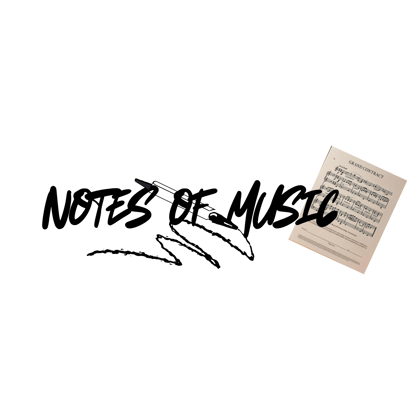Performance Royalties: The Basic Need To Knows
This article goes over performance royalties earned by a song's composition and is a perfect read for songwriters, composers, and publishers looking to learn more about how they are earned as well as how and why to collect them.
4/26/20254 min read


What are performance royalties?
Did you know that if you are a writer or composer of an original track, you are entitled to payment each time your musical work is performed publically? According to BMI, when songs that are licensed from their repertoire are “sung or played, recorded or live, on radio and television, as well as through other media such as Internet streaming services, live concerts and programmed music services” writers and publishers should receive income called performance royalties. This article will cover how performance royalties are split amongst contributors, collected, and further instances of when they are received.
How are performance royalties collected?
Performance royalties from composition ownership can be collected through registering with a Performing Rights Organization (PRO). Broadcast Music, Inc. (BMI), American Society of Composers, Authors, and Publishers (ASCAP), and Society of European Stage Authors and Composers (SESAC), are the main PROs operating the United States, be sure to check out the PRO options for your region. You can register as a songwriter and/or publisher with these PROs, however, you can only pick one to affiliate with so choose wisely.
How do I choose which music PRO to use?
Choose based on your needs; ASCAP offers free registration for registering as both a writer and publisher simultaneously, which is ideal if you are a self-publishing writer with a publishing company. BMI allows you to sign up for free as a writer; if you are a self-published or self-administered writer, you don’t necessarily need a publisher to collect publishing royalties, as if no publisher is set on the registered work, the royalties are shared amongst the writers. With that being said, if you were to develop a publishing company later, you would need to pay the fees when registering under the PRO you already affiliate with as a writer. SESAC is by invite-only.
IPI# and Split-Sheets = Identifiable and Paid
After registering with a PRO you can obtain your Interested Party Information or IPI # that you will use to claim rights to works registered to PROs. If you have a publishing company, you will receive a separate IPI for the publishing company as well. Normally, this information is exchanged amongst collaborators during or after a session and recorded using a vital agreement known as the split-sheet.
Writer's share vs. publisher's share
Performance royalties for the composition are separated into two categories, writer’s share and publisher’s share. The writers are composers and lyricists responsible for the song’s music and lyrics. The publisher’s share is usually split between the writer(s) under the publishing deal and the publishing company but can vary based on what was negotiated in their publishing deal. If there are no publishers, the writers retain the publishing. Often if a writer is under a publishing deal with a publishing company, the publishing company makes sure to fulfill their role of registering the work with the Performing Rights Organization (PRO) so that both they and the writer can get paid when the PRO disperses the royalties quarterly. Be sure to note your publisher’s name and their percentage on the split-sheet you have with other contributors.
Can I get performance royalties from streams?
I mentioned before, that performance royalties are earned when works are exploited publically by businesses who own licenses with the PRO the works are registered with; but can they be related to streaming? Yes, in the form of interactive and non-interactive streams performance royalties can be earned. Non-interactive streams are streams that occur from a source where the user cannot select their song of choice, like Pandora and satellite radio, and they earn performance royalties. Interactive streams come from sources users can have control over song choice and they pay both performance and mechanical royalties, like Apple Music or Spotify. PROs collect both interactive and non-interactive performance royalties, however, I must stress that if you are the owner of both the composition and sound recording, and you are only collecting performance royalties from your PRO, you are leaving a lot of money on the table as PROs only collect royalties related to the composition.We’ll talk more about composition rights vs sound recording rights in a later blog and how to collect the remainder of your performance royalties in a later blog. Subscribe to be notified when that article is released.
What happens when my performance royalties go unclaimed?
Unclaimed royalties often referred to as Black Box royalties, are a result of PROs either not having the correct information or not having any information on the writer whose work is producing said income. The unclaimed royalties wait to be claimed for 2-3 years and afterward, according to TuneCore, are redistributed and paid to other “publishers based on market share”. You can do a few things to prevent this from happening such as giving correct and complete information on split sheets when collaborating and when registering works with PROs, or working with a publisher or publishing administrator, so they can handle the administrative work for you, I suggest SongTrust.
When it comes to the composition, performance royalties are decided and negotiated between collaborators when reviewing and taking note of everyone’s contributions to the song whether a writer or publisher. Being clear on how performance royalties are earned and who collects them is vital for professionals looking to thrive financially in this business and is imperative to keep them from being lost in the abyss as Black Box royalties.


Notes of Music
Empowering artists with essential music business advice to get them heard and paid.
Resources
Support
info@notesofmusic.online
© 2025. All rights reserved.
